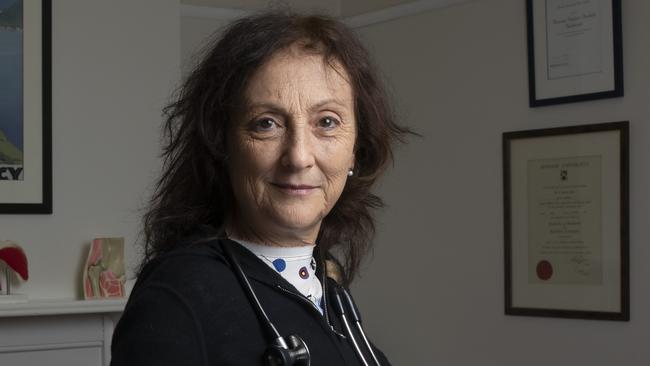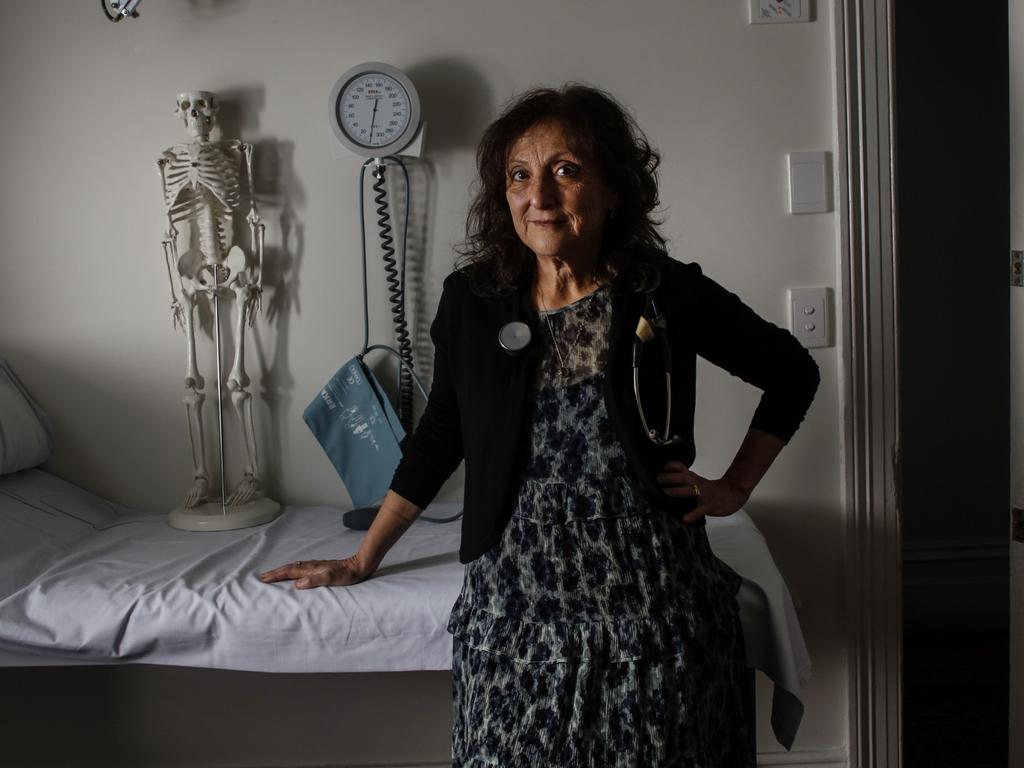Doctors too keen to operate, say experts
Doctors are routinely overdiagnosing and overtreating conditions that do not require medical intervention, sometimes carrying out unnecessary surgery, say researchers.

Doctors are routinely overdiagnosing and overtreating conditions that do not require medical intervention, sometimes carrying out unnecessary surgery exposing patients to risk and ongoing pain, according to two internationally renowned researchers.
Professor Rachelle Buchbinder, a Melbourne rheumatologist and professor at Monash University, and Professor Ian Harris, a Sydney orthopaedic surgeon and clinical researchers at the University of NSW, say about one-third of medical care is of “no value”, while 10 per cent is actually harmful.
“Modern medical care is designed to maximise the number of encounters with the system, constantly prescribing, operating, testing and scanning, and prioritising business over science,” the authors say in a new book, extracted in The Weekend Australian Magazine.
“It’s a system rife with perverse incentives and unintended consequences, producing healthcare without necessarily improving the health of the recipients of that care.
Professor Harris said the tendency of many doctors was to treat a problem even when no treatment may be the better course of action.
“Our over-reliance on medicine is assumed by everybody to be a good thing,” he said.
“It’s unusual to find people who don’t feel that more medicine is better, that there’s no downside to doing more tests, more imaging, more operations, having more doctors. But clearly there is evidence that a lot of what we do doesn’t work, a lot of what we do is harmful.”
Professor Harris and Professor Buchbinder argue there has been a steady “medicalisation” of ordinary aspects of life, including birth, death, sadness and emotional behaviours that fall outside the norm.
They say this medicalisation has driven such trends as rising caesarian rates, a massive rise in diagnoses of autism and ADHD, and an explosion in prescriptions of antidepressant medication for people who may not be clinically depressed but rather experiencing feelings of grief or sadness.
“Most people that are being treated for depression don’t have major depression,” Professor Harris said. “They might be a bit sad, and the antidepressant medication they are taking is probably no more effective than placebo.”
The authors take aim in the book at the increasing tendency of doctors to order tests when it may be wholly unnecessary.
There has been a huge rise in the past decade of claims on the Medicare Benefits Schedule for MRI scans that cost taxpayers more than $580m in 2020-21. Medicare benefits paid-for MRI scans have risen 60 per cent in the past decade. There were almost 1.5 million scans ordered by doctors in 2020-21, compared with only 638,000 10 years ago.
Professor Buchbinder said the increased reliance on MRI scans had seen many patients undergoing operations unnecessarily.
“As the technology gets better you see finer and finer detail, and so you’re picking up tiny changes that suddenly people are worried about, when they might just be normal ageing or things that will never harm a person in their lifetime,” she said.
Common operations including spinal fusion and decompression surgery of the shoulder are often unnecessary. Knee arthroscopy, which has been debunked, is still sometimes performed.
“On average it’s not a good thing to scan people with back pain because studies have shown that the more investigations you do, the more likely it is that a patient will have an operation, and end up with a failed back surgery syndrome in some cases,” Professor Harris says.
“The system we have in Australia is really not fit for purpose.”





To join the conversation, please log in. Don't have an account? Register
Join the conversation, you are commenting as Logout